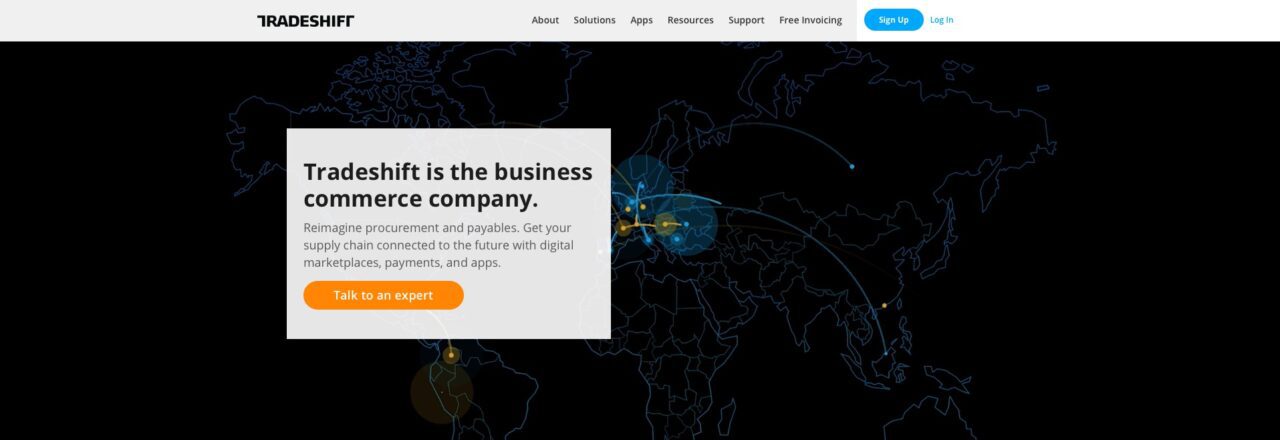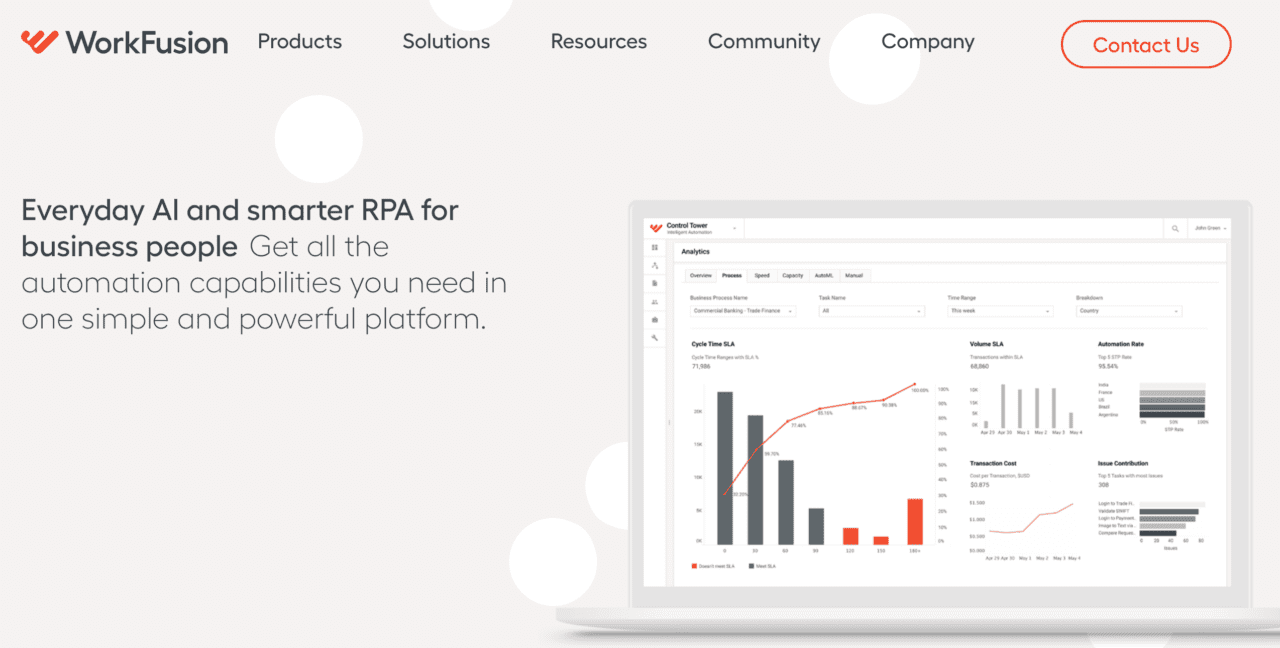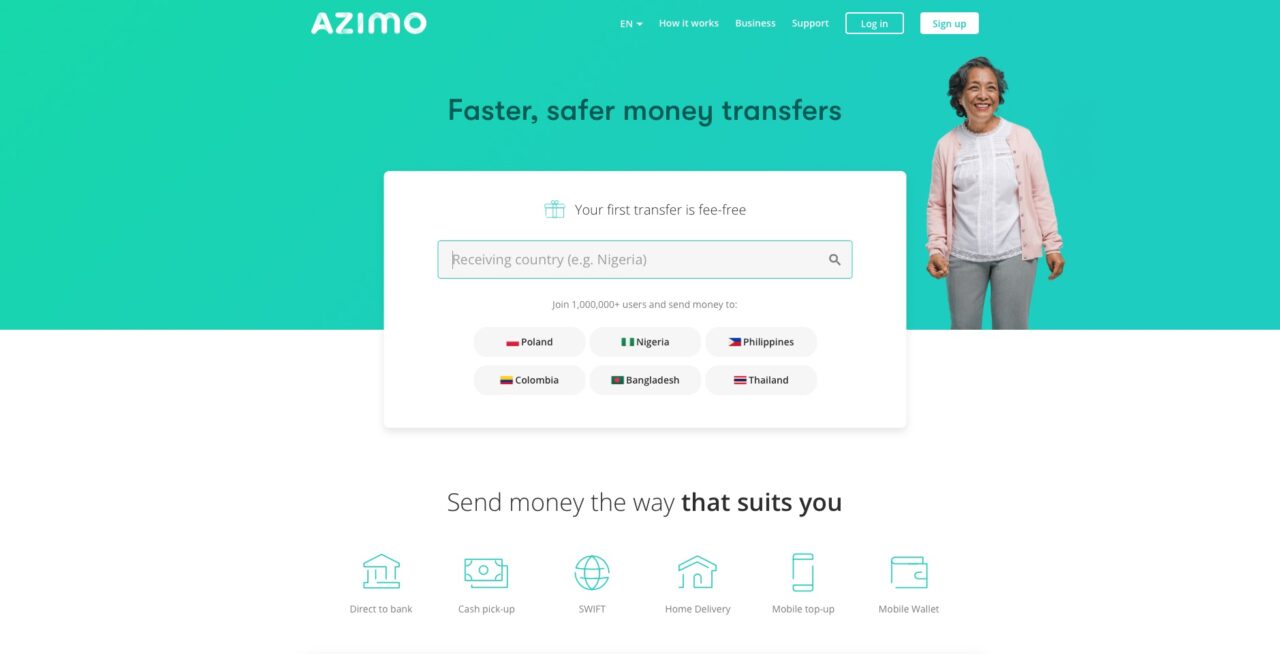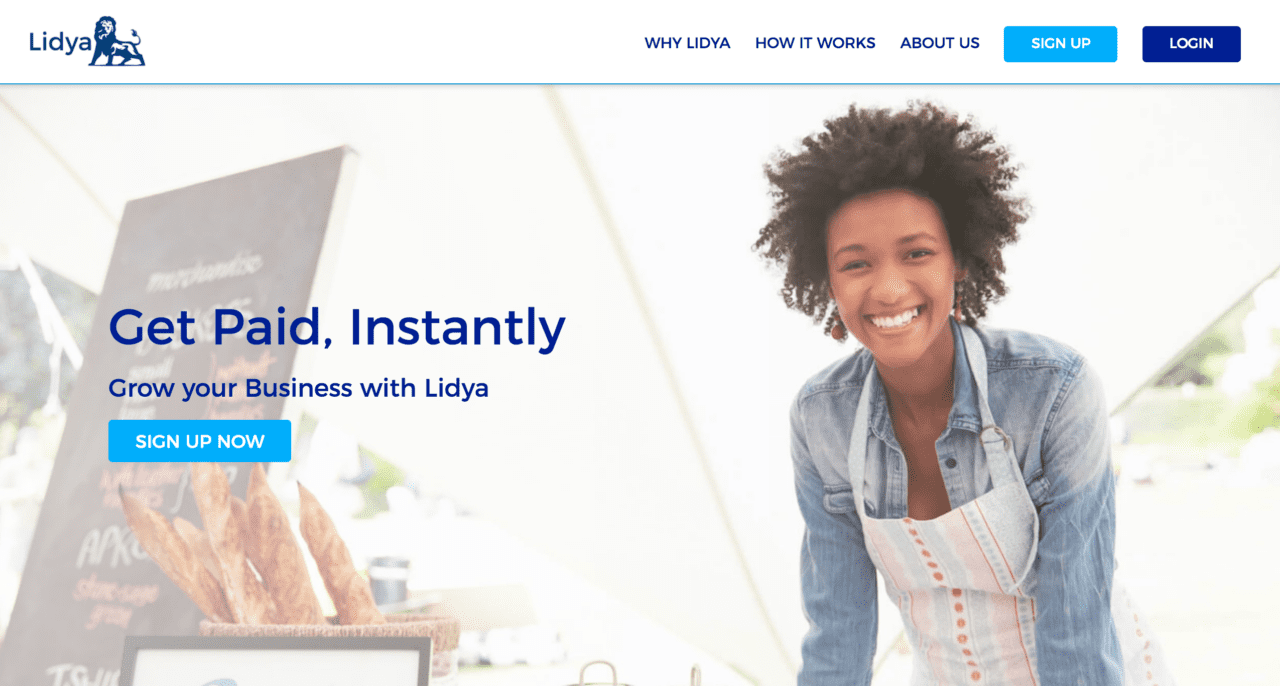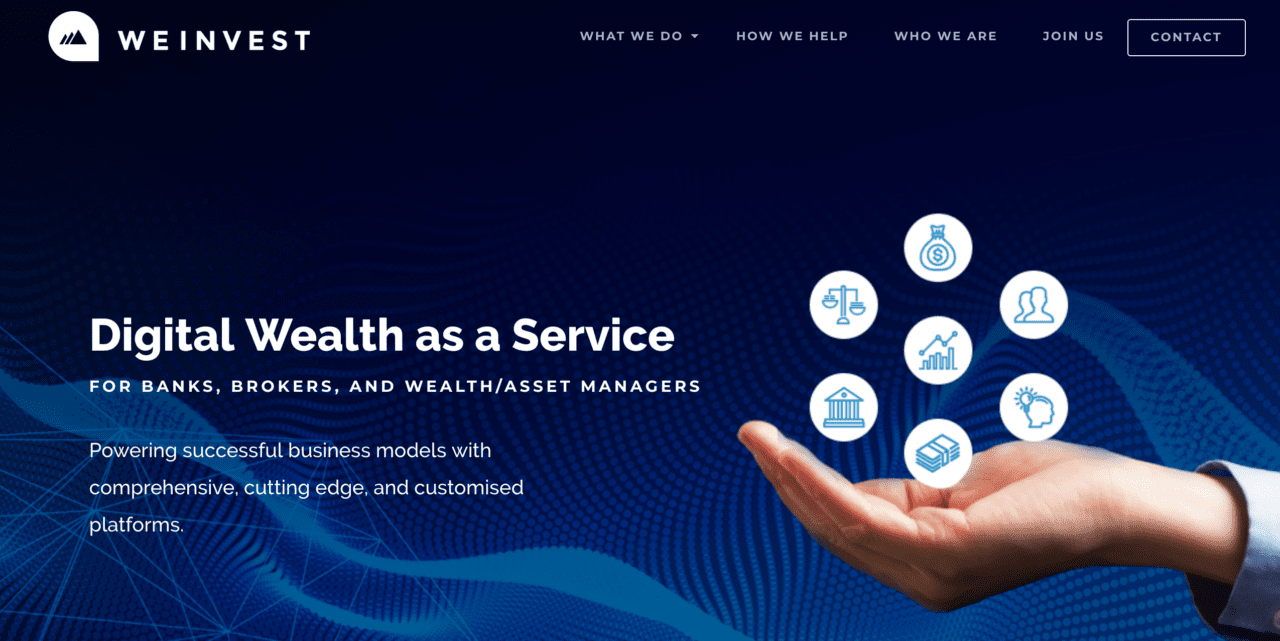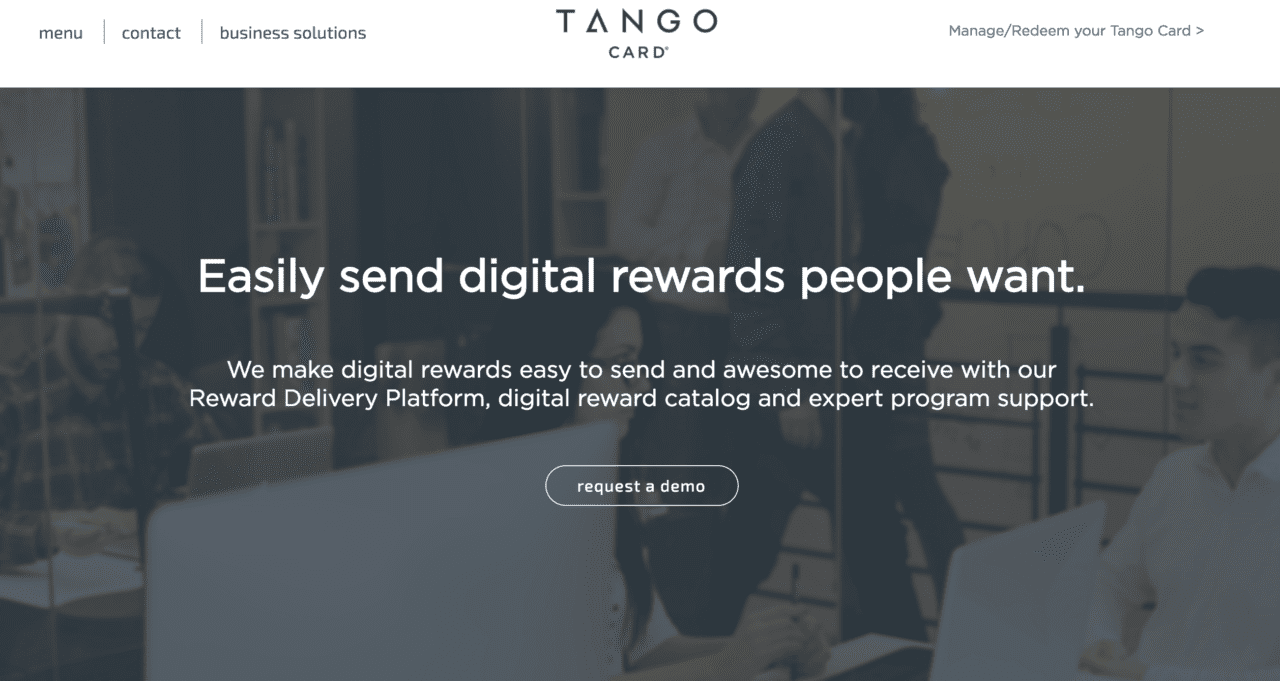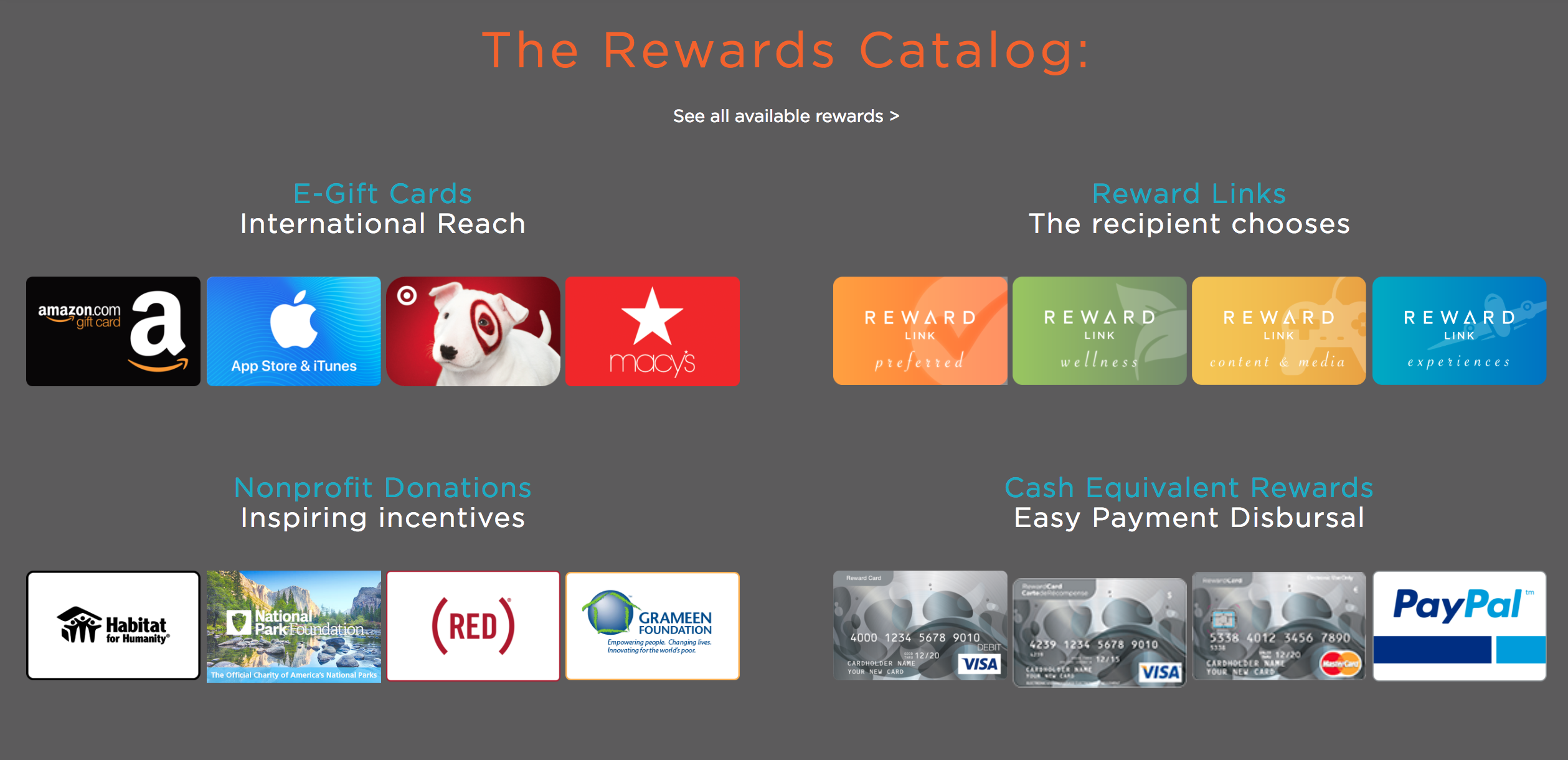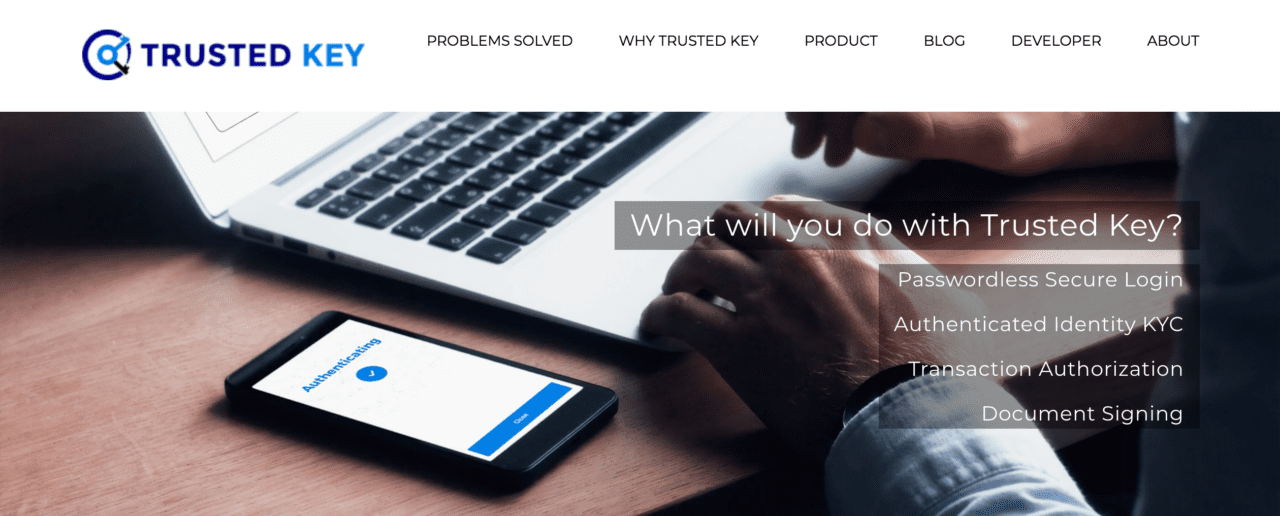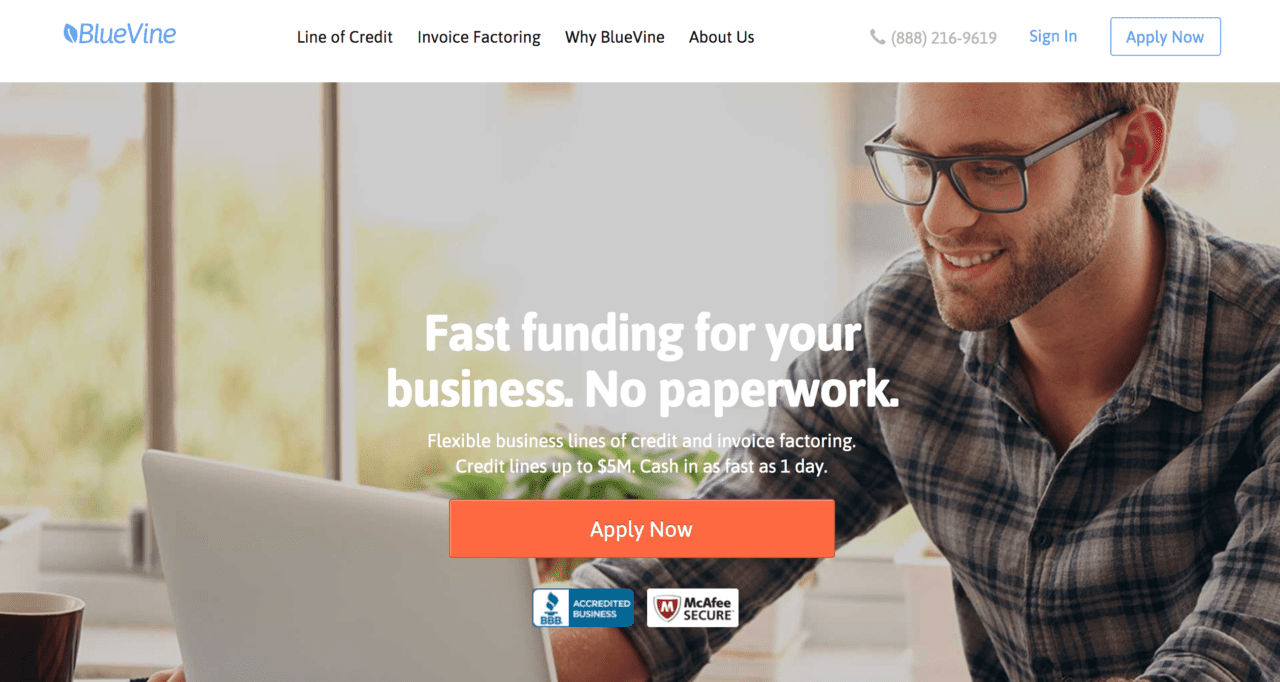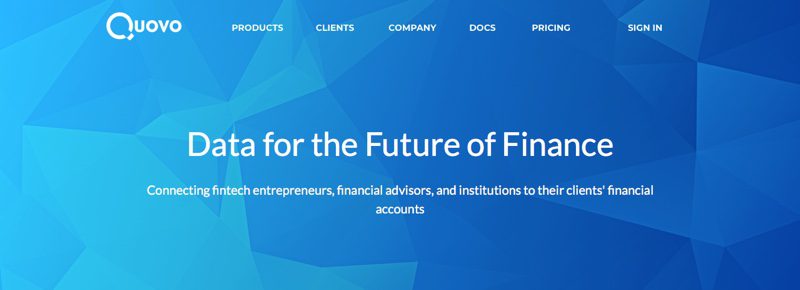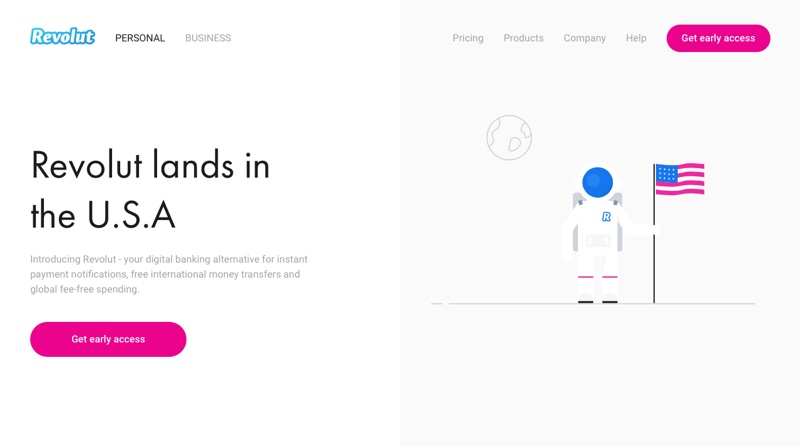Fintech has a brand new unicorn.
Supply chain financing innovator Tradeshift has locked in $250 million in new capital courtesy of a just-completed Series E round. The investment was led by Goldman Sachs and the Public Sector Pension Investment Board, and featured participation from HSBC, H14, Bullhound, and a new venture firm founded by Tradeshift founders called Gray Swan.
“We are very happy with this validation of our vision,” Christian Lanng, Tradeshift founder and CEO said. “We have always believed that the future of supply chains is 100% digital and that connecting trade is the first step to a digitally connected economy. This investment will enable us to continue our rapid growth and consolidate our leadership position. We welcome Goldman Sachs and PSP Investments as our newest investors and look forward to their valuable contributions as we enter our next growth phase.”
The latest round of funding takes Tradeshift’s total capital to more than $400 million and gives the San Francisco-based firm a valuation of $1.1 billion.
Working with more than 1.5 billion businesses in 190 countries around the world, Tradeshift enables supply chain payments and marketplaces, supporting trade finance alternatives, spend and receivables management, lending and payments, as well as private marketplaces. Tradeshift has helped free the $9 trillion in capital locked in online payments and was referred to in the November 2017 Forrester report on the Vendor Landscape: B2B Business Networks as the company whose technology “cause(s) other PO/invoice network vendors to change strategy.”
Tradeshift demonstrated the Instant Payments feature of its platform at FinovateEurope 2012. Instant Payments enables SMEs to receive instant payment for invoices approved through the platform, giving businesses access to lower interest rates compared to other funding opportunities. The solution also helps relieve pressure on cash flow due to late payments and extended payment terms.
Recently recognized with Best B2B Payments Platform honors from the FinTech Breakthrough Awards, Tradeshift launched Tradeshift Pay in May which combines supply chain payments and financing and blockchain-based early payments into a single solution. In March, the company partnered with Canon Business Process Services in a deal that enabled Canon customers to leverage Tradeshift’s platform to improve their supply chain, including source-to-pay processes.
The company began the year with the launch of Tradeshift Frontiers, an innovation lab and incubator geared toward helping bring the benefits of new technologies like AI and distributed ledgers to the world of supply chain management and global trade. Tradeshift was founded in 2010.
